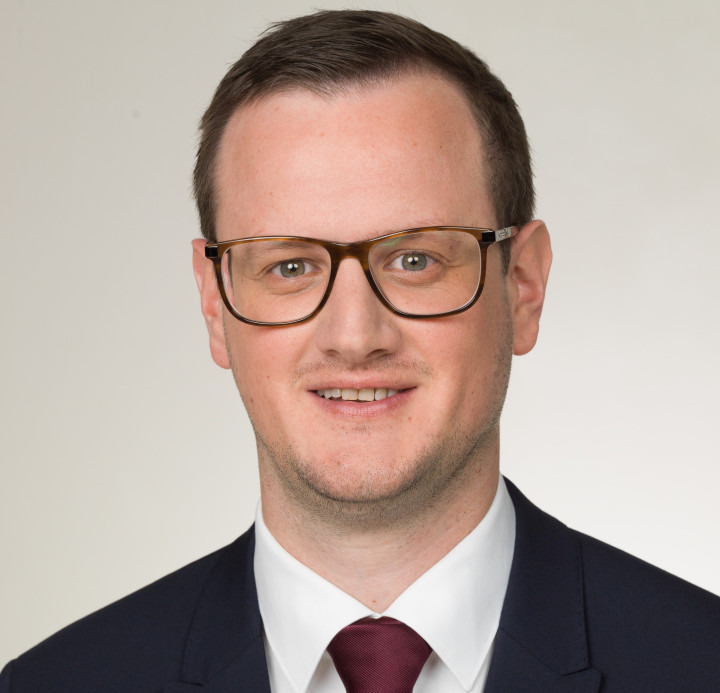Impact of AIFMD II on Jersey and Guernsey as Fund Domiciles
Amendments to the Alternative Investment Fund Managers Directive, referred to as AIFMD II, took effect on 15 April 2024. EU members states are required to adopt these rules within two years. While Jersey and Guernsey will need to assume any applicable changes to their own regimes, the expected impact on Jersey and Guernsey alternative investment fund managers (‘AIFMs’) and alternative investment funds (‘AIFs’) is anticipated to be significantly less than on EU AIFMs and AIFs.
Contributors
Jersey and Guernsey have never been EU member states, and accordingly all Jersey and Guernsey domiciled AIFMs and AIFs are classified as ‘third country’. As a result, the Channel Islands has become a popular choice for managers looking to attract European capital from professional investors via the National Private Placement Regime (‘NPPR’), but without the cost or operational implications of an EU-domiciled structure.
Key changes in AIFMD II for fund managers
Earlier this year, we outlined practical implications of AIFMD II for EU and non-EU managers in our briefing note, concluding that most of the proposed amendments would not affect non-EU AIFMs or AIFs (such as those based in the Channel Islands), with the primary focus being on EU AIFMs, including, but not limited to, EU AIFs participating in loan origination (loan originating funds) and open-ended EU AIFs, as well as on liquidity management tools and enabling the appointment of a depositary outside of the EU AIF’s home domicile. The material amendments that will be most strongly felt by EU AIFMs and AIFs relate to those involved in loan origination, by enforcing regulation where there previously was a lack of consistency across Europe in areas such as policies & procedures, diversification, and conflict and risk management.
AIFMD II – impact on Jersey and Guernsey’s alternative investment funds?
The amendments expected to impact Jersey and Guernsey AIFs primarily relate to increased reporting obligations and disclosures under Annex IV reporting – the regulatory requirement triggered by formally marketing a non-EU fund in EU states. As a result of AIFMD II, managers must adhere to additional disclosure requirements for investors to whom a product is marketed, as well as ongoing disclosures after commitments are subscribed, covering areas such as:
- fees and expenses that are borne by the AIFM and are directly, or indirectly, allocated to the AIF
- the circumstances in which the AIF may use leverage, including the types, sources, associated risks and restrictions of such leverage
- liquidity risk management and redemption rights of any such redemption arrangements
- the composition of the originated loan portfolio
- any parent undertaking, subsidiary or special purpose vehicle utilised in relation to the AIF’s investments
Additionally, AIFMD II introduces changes to the reporting requirements by non-EU Managers and products to their home authorities – the Jersey and Guernsey Financial Services Commissions.
It’s important to note that while there are amendments directly applicable to Jersey and Guernsey as third country jurisdictions, the impact is expected to be minimal. For example, conditions for marketing a non-EU AIF under NPPR require that the domicile must not be classified as a “high risk” third country under European anti-money laundering legislation – something that neither Jersey nor Guernsey has ever been and is unlikely to be in future. Additionally, the domicile must have an effective exchange of tax information, which both already achieve through multiple tax information exchange agreements that align with international standards and adhere to the Organisation for Economic Co-operation and Development model agreement.
Benefits of setting up a fund in the Channel Islands post-AIFMD II
The choice between registering a non-EU AIF under NPPR and establishing an EU fund which avails of the marketing passport is often a discussion we have with clients, each presenting their own advantages and disadvantages. While we see a growing trend of non-EU fund managers setting up parallel funds in Luxembourg, marketing via NPRR is still a common route to raise capital in Europe for many managers. This approach allows non-EU managers to reduce the operational and regulatory requirements of AIFMD, along with the associated costs of an EU domiciled investment vehicle. We anticipate that the new directive will strengthen the attractiveness of Jersey and Guernsey as fund domiciles for sponsors globally, irrespective of their European fundraising strategy, as already flexible jurisdictions that offers fast-track and cost-effective products.
We are working with several sponsors to operate and market both non-EU and EU AIFs, and always welcome the opportunity to discuss the differences between a fund registered under NPPR vs an EU domiciled fund. If you would like to find out more or are interested in how we assist our clients with fundraising in Europe and ensuring regulatory compliance, please feel free to contact us.






